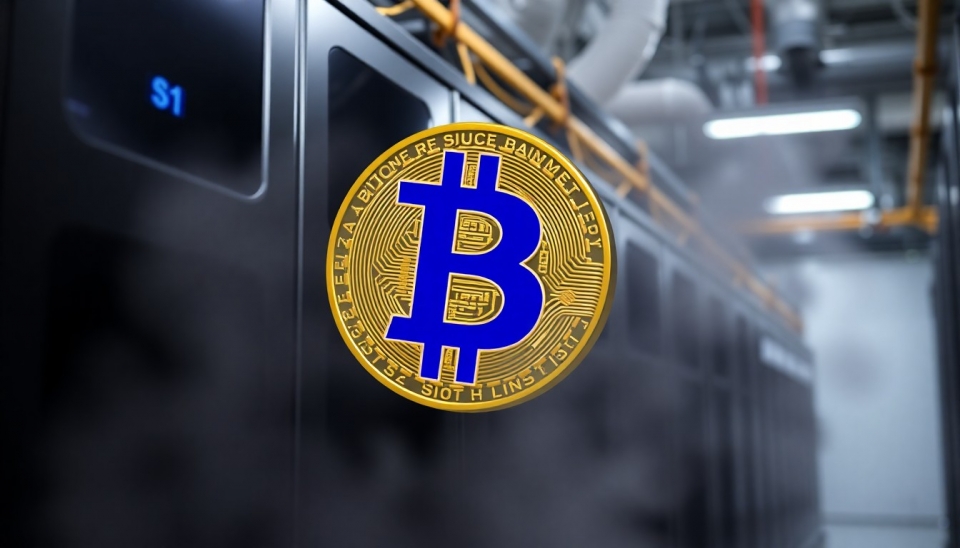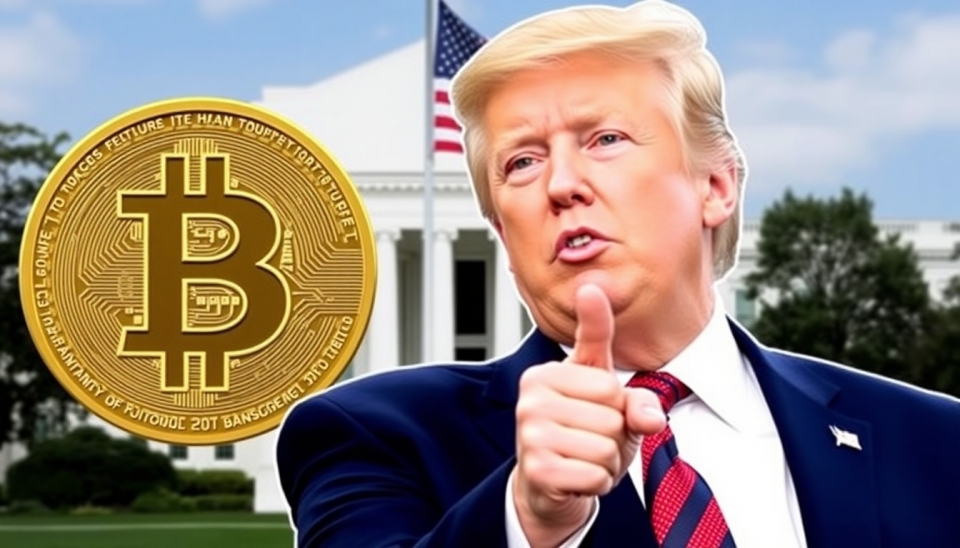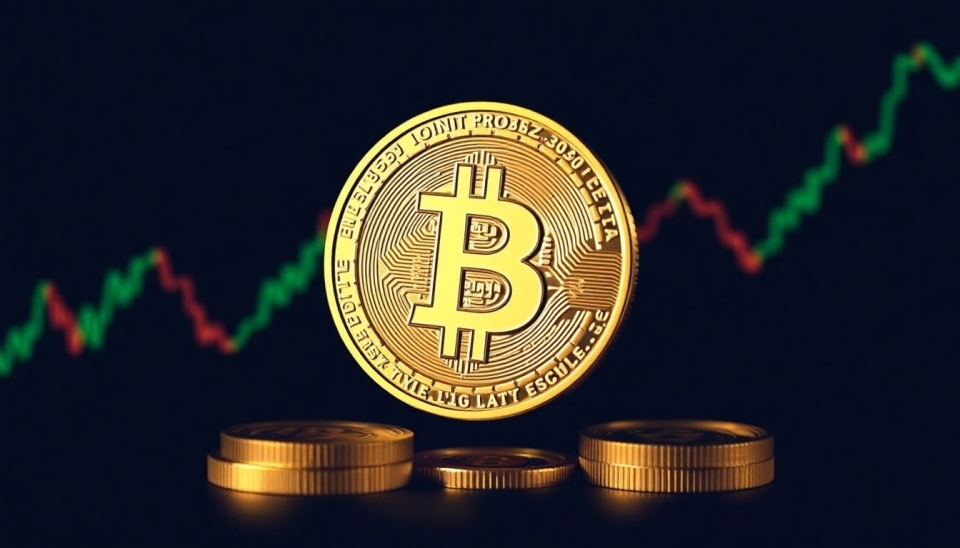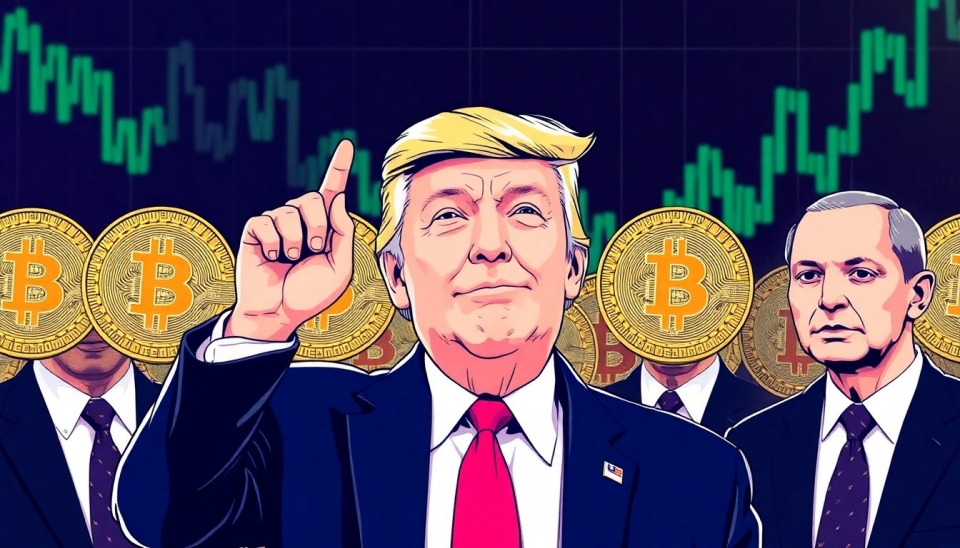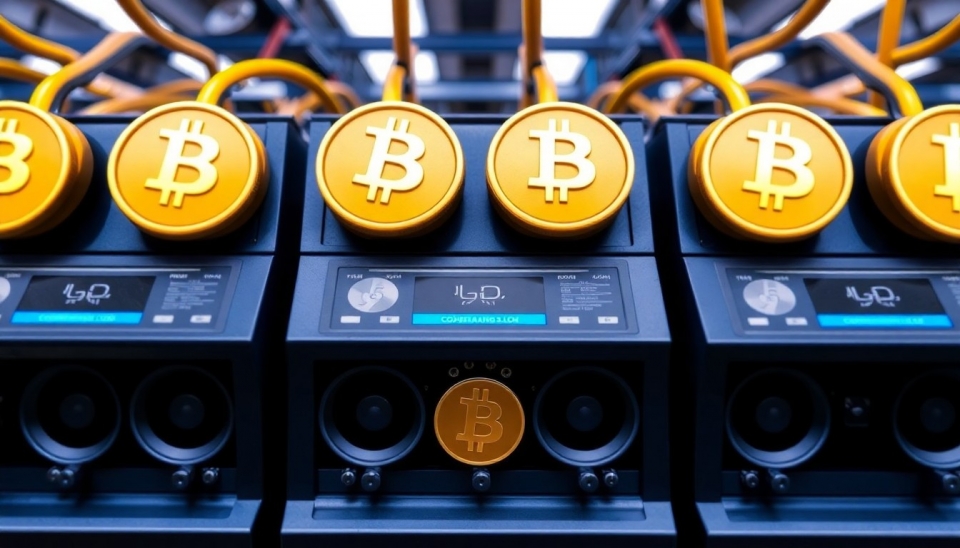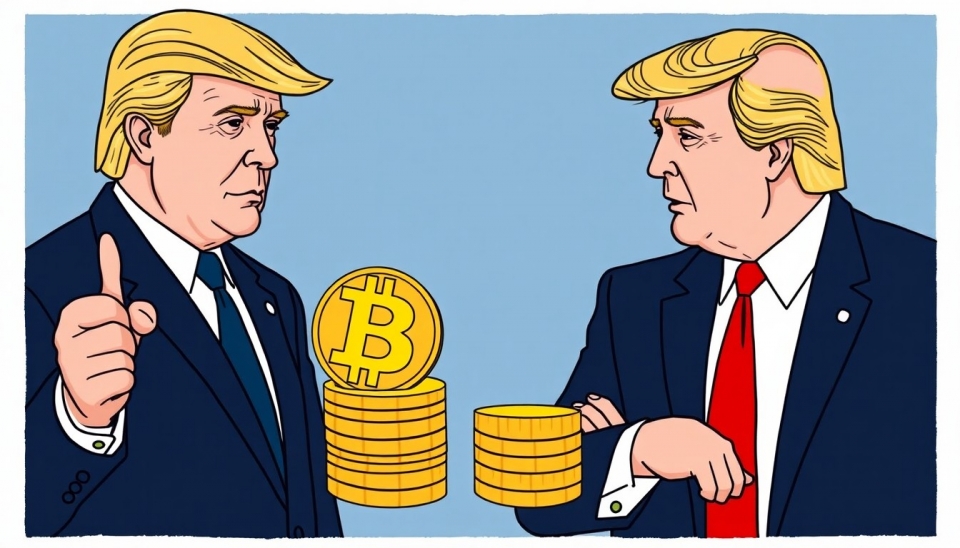
In a surprising turn of events, former President Donald Trump has reinstated a series of tariffs on imported goods, and experts are now questioning how this move will impact Bitcoin's perceived value as a stable investment, often referred to as "digital gold." With rising inflation and shifting economic policies, investors are watching closely to see if Bitcoin can sustain its allure as a safe haven asset amidst potential market volatility.
Trump's tariffs primarily target goods from major trading partners such as China and the European Union, reigniting concerns over trade wars that could affect global supply chains and economic stability. The imposition of tariffs tends to create uncertainty in financial markets, and traditional assets often respond negatively to such announcements. This scenario raises the stakes for cryptocurrencies, particularly Bitcoin, which some investors have heralded as a hedge against inflation and currency devaluation.
Bitcoin's status as "digital gold" rests on its promise of scarcity and its decentralized nature, characteristics that appeal to those seeking refuge from government-controlled fiat currencies. However, the question remains whether Bitcoin can uphold its reputation in the face of renewed economic pressures linked to these tariffs. Historically, Bitcoin has demonstrated resilience over time, but its price is still very much influenced by macroeconomic factors and investor sentiment, which could sway due to Trump's tariff policies.
Analysts note that while Bitcoin has gained traction as a store of value during times of economic distress, the current environment is markedly different. With the U.S. economy grappling with inflationary pressures and potential interest rate hikes, these factors could complicate Bitcoin’s ability to attract mainstream investment. Should uncertainty rise in traditional markets due to impending trade barriers, it’s unclear whether Bitcoin will benefit or be perceived merely as a speculative asset.
In particular, large institutional investors and hedge funds are keenly observing the impact of these tariffs on their portfolios. If traditional markets react negatively, there might be a rush to assets like Bitcoin, but this influx could also lead to increased volatility. The cryptocurrency's historical price swings make it a wild card in the context of global economic upheaval.
Furthermore, advocates for Bitcoin contend that it stands to gain from a poorly performing fiat currency — the very outcomes that tariffs on imported products might create. Yet, conversely, if the tariffs result in economic strain, mainstream acceptance of Bitcoin could suffer, as potential investors prioritize liquidity over speculative assets.
As the situation unfolds, all eyes will be on both the cryptocurrency market and traditional asset classes. The coming months will prove crucial in determining whether Bitcoin can maintain its reputation as digital gold or if it will falter in the backdrop of trade tensions and economic uncertainties.
In conclusion, the intersection of Trump’s tariff strategies and Bitcoin’s evolving role in the financial ecosystem presents an ongoing narrative that investors will undoubtedly follow closely. The outcome of this confluence could either solidify Bitcoin's place in the market or challenge its burgeoning status.
#Bitcoin #TrumpTariffs #DigitalGold #Cryptocurrency #investing #financialnews #inflation #globaltrade #marketvolatility
Author: Sophia Reynolds
